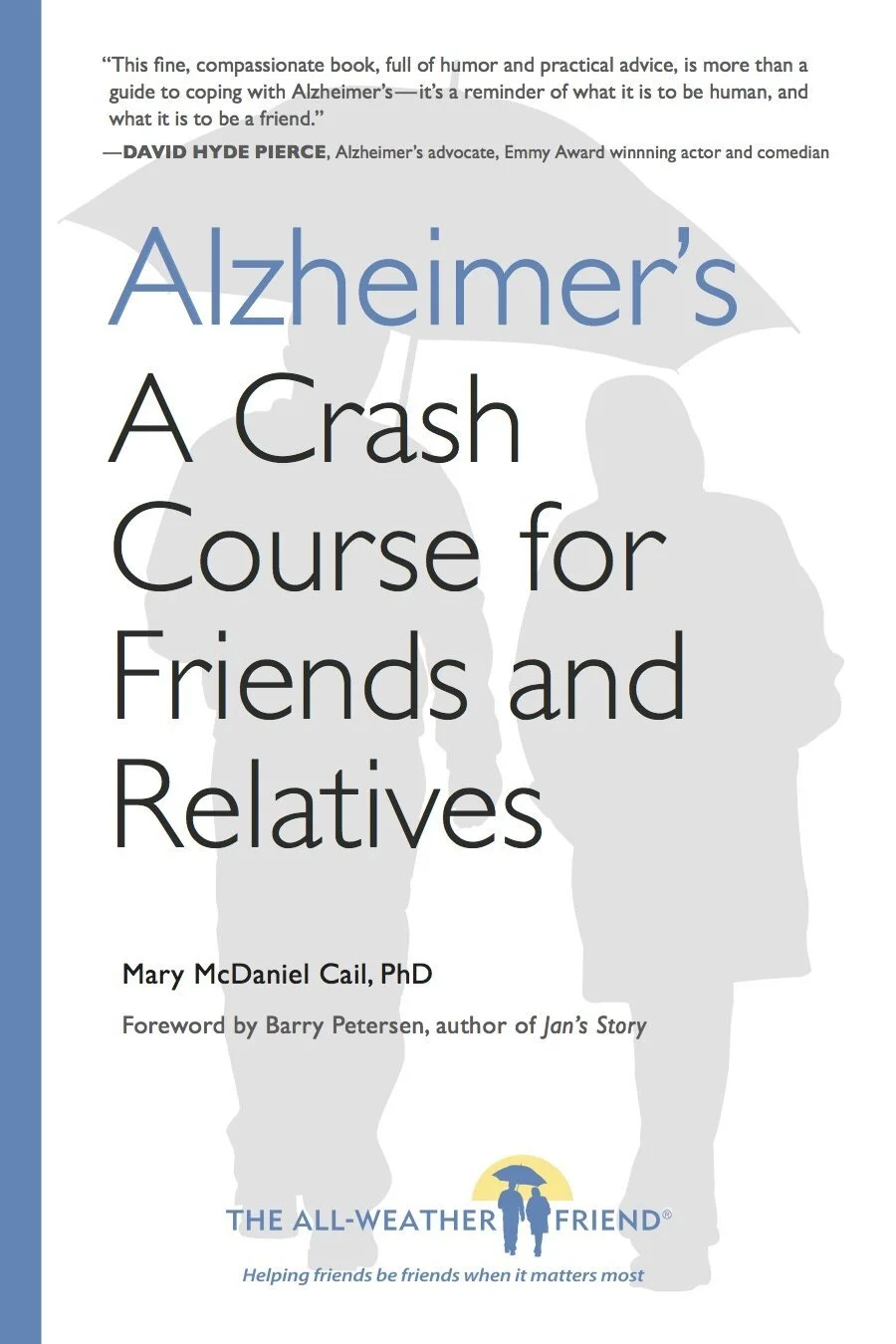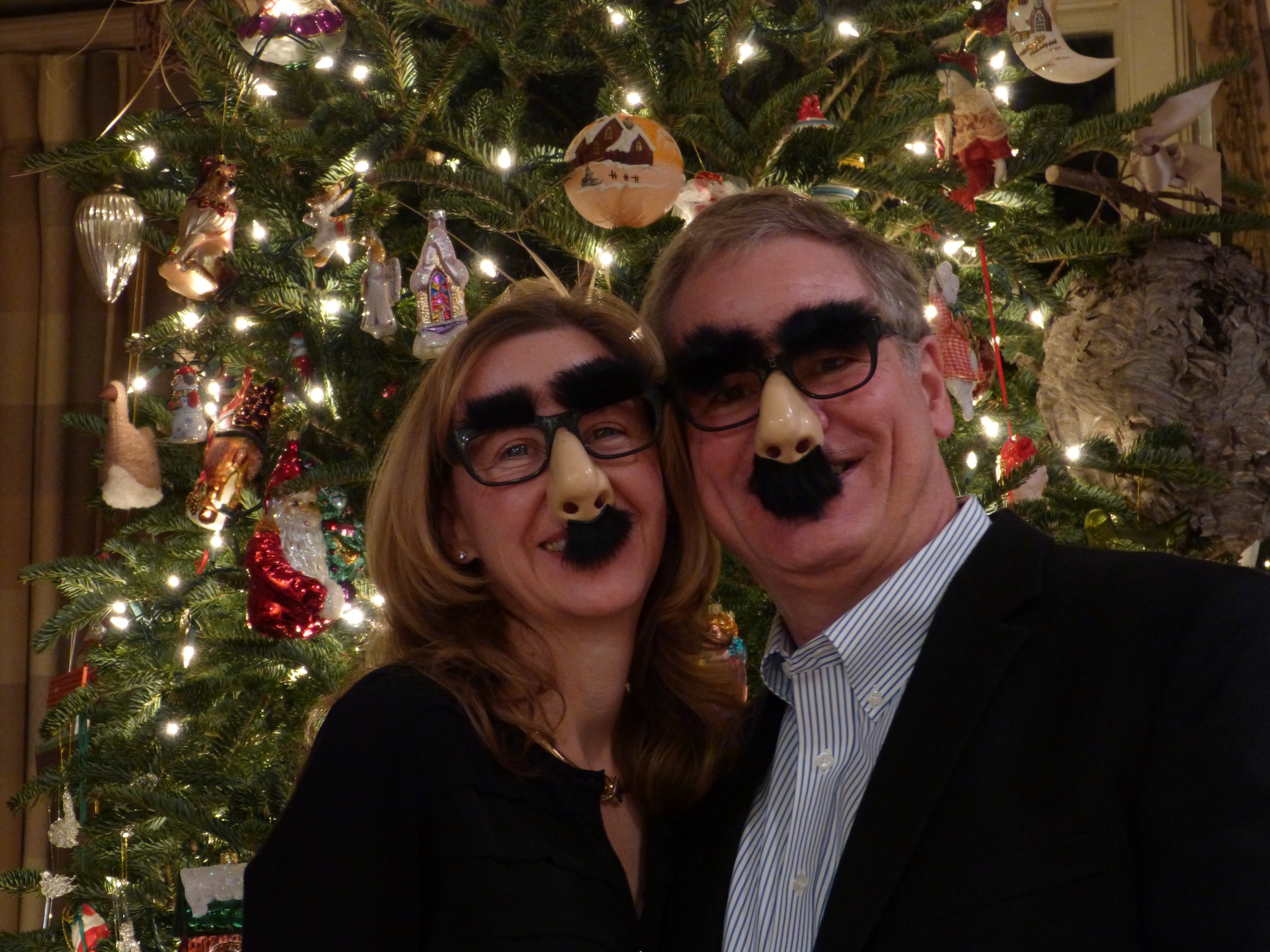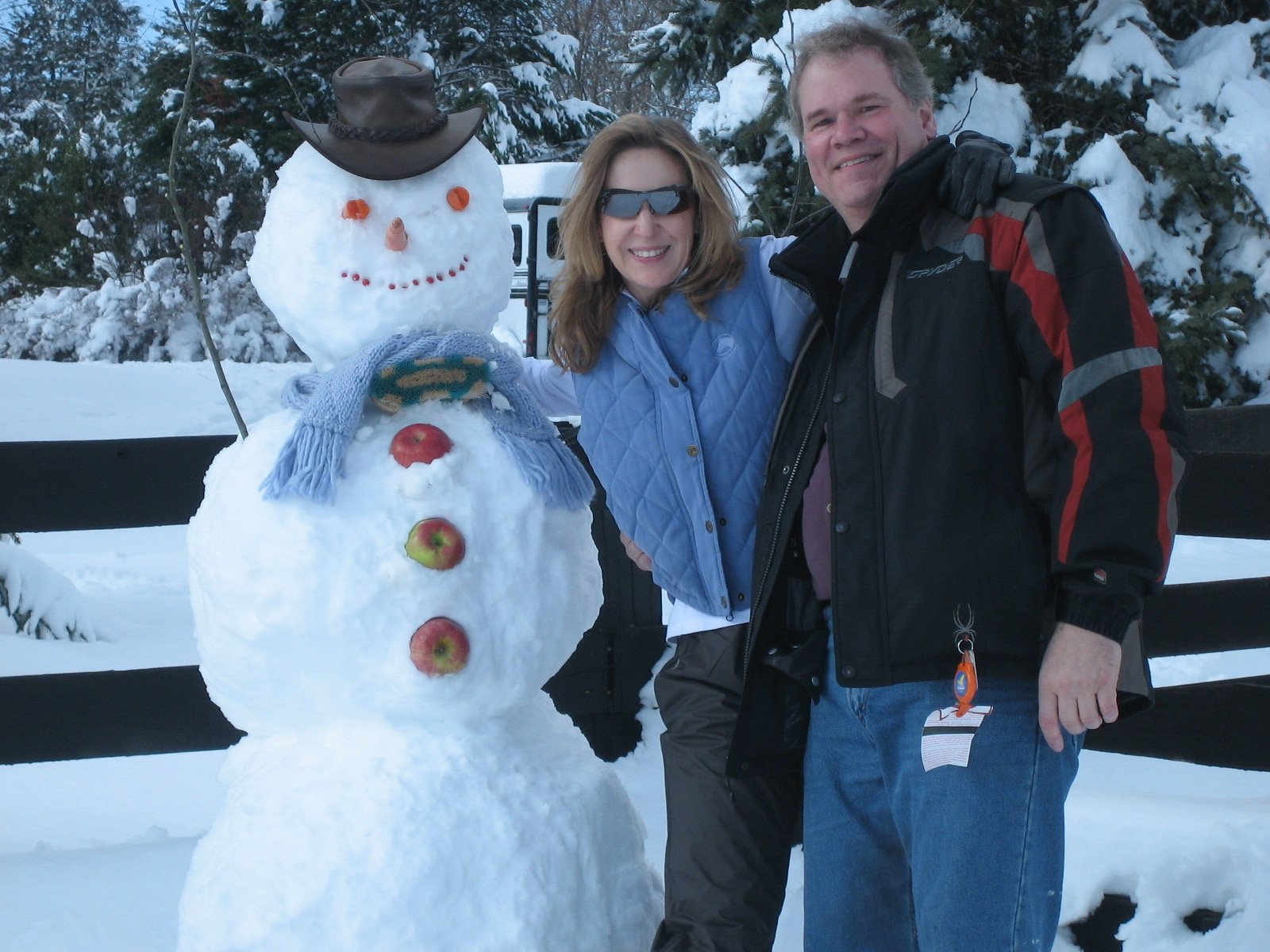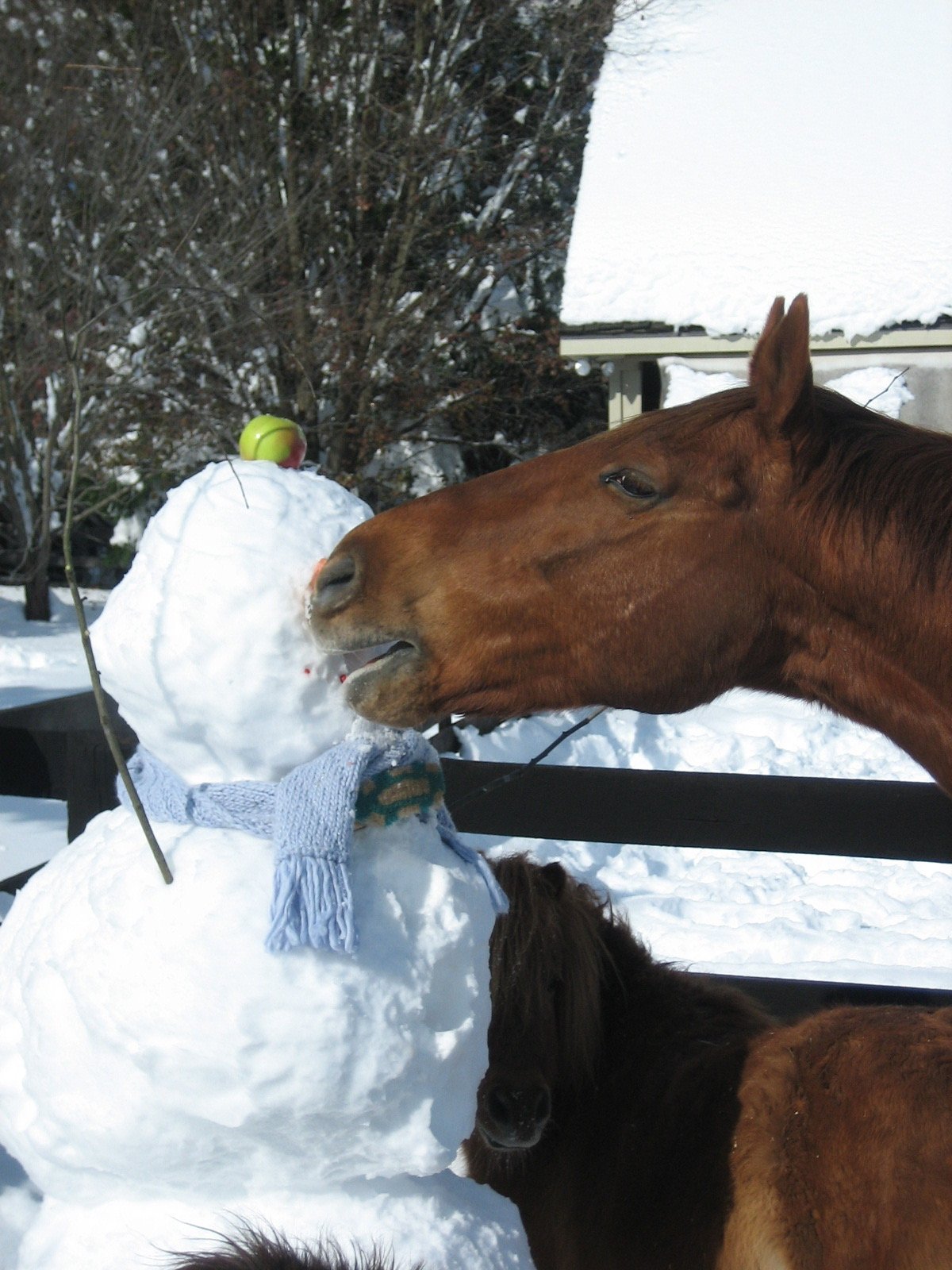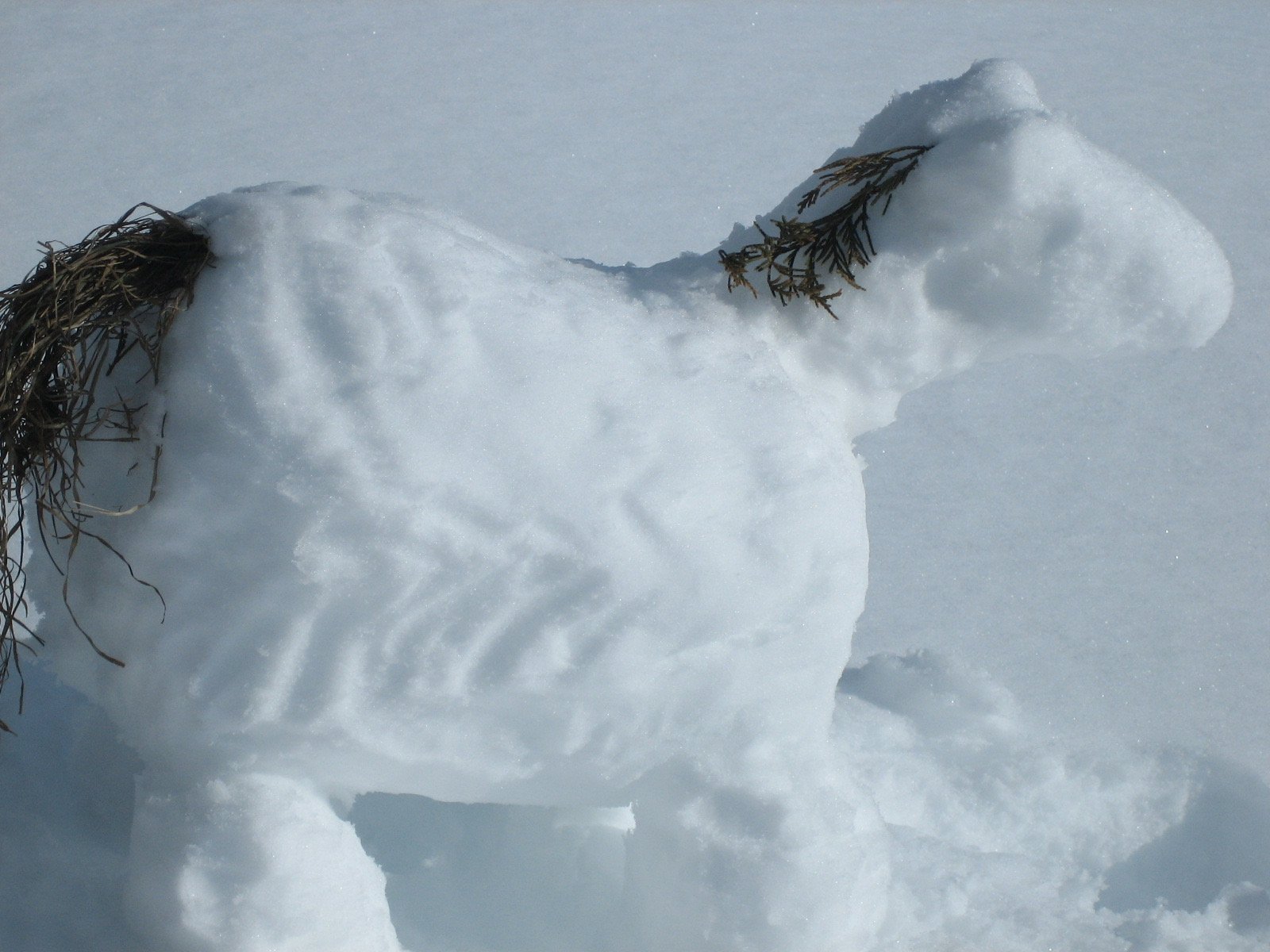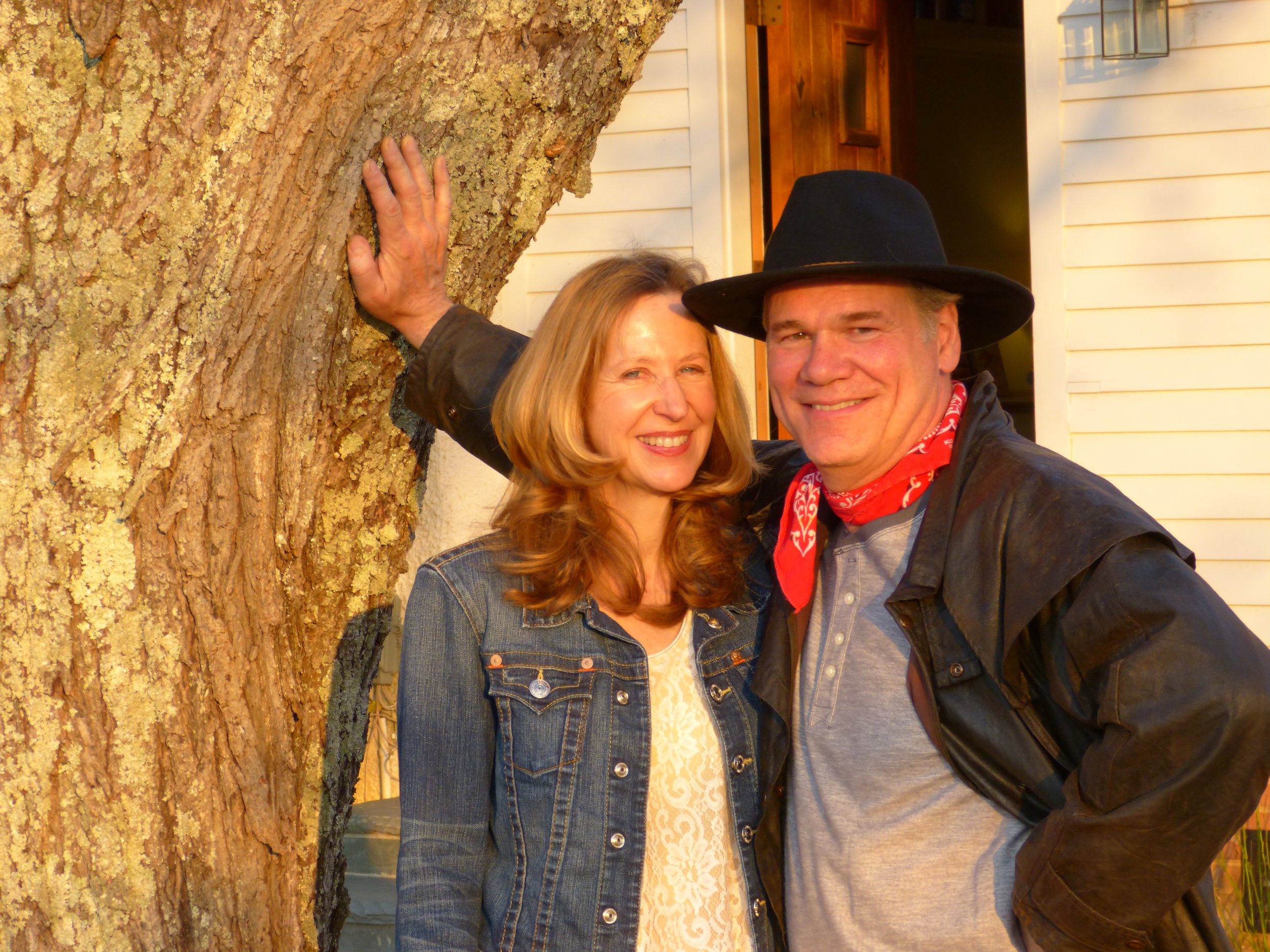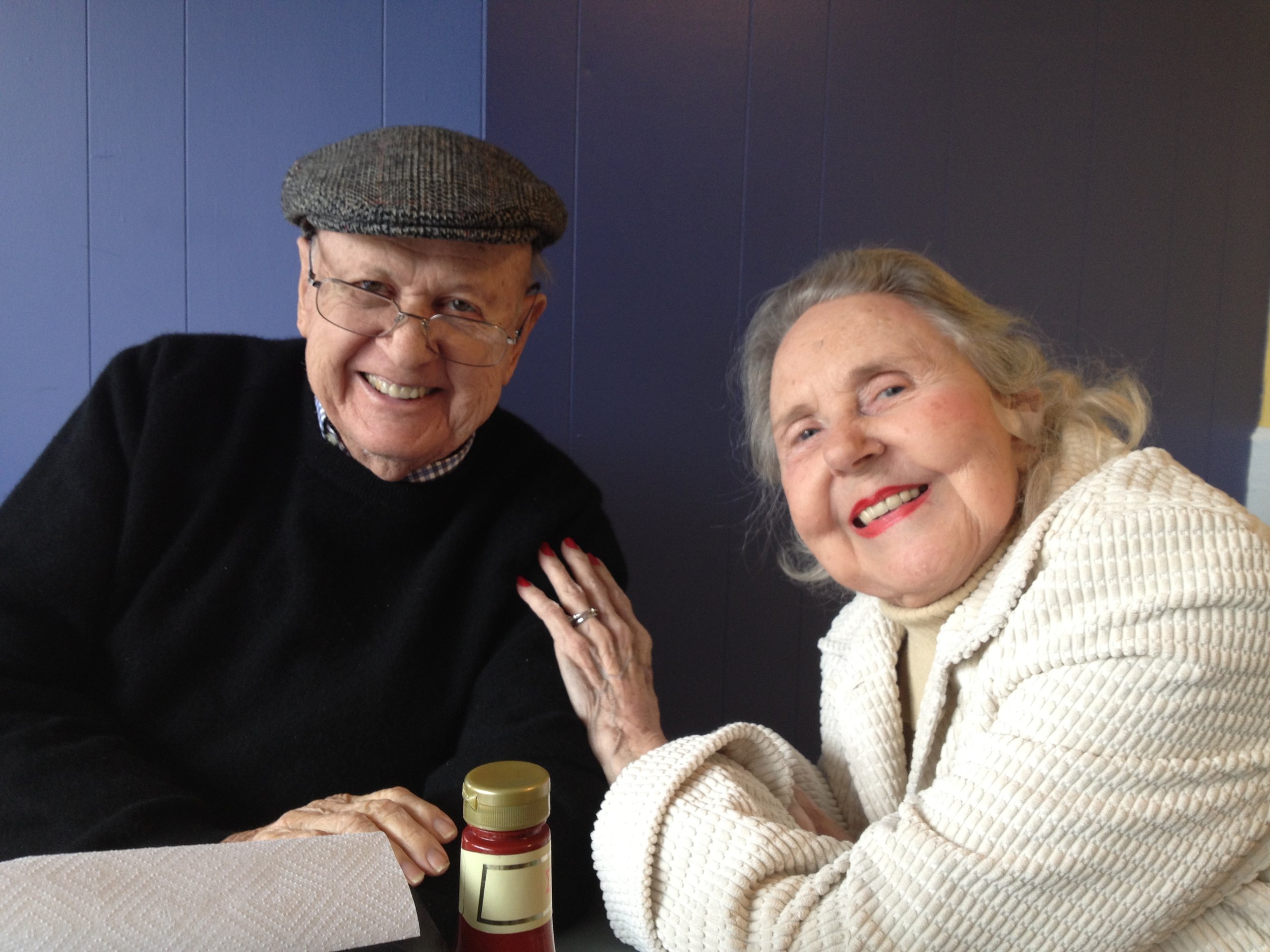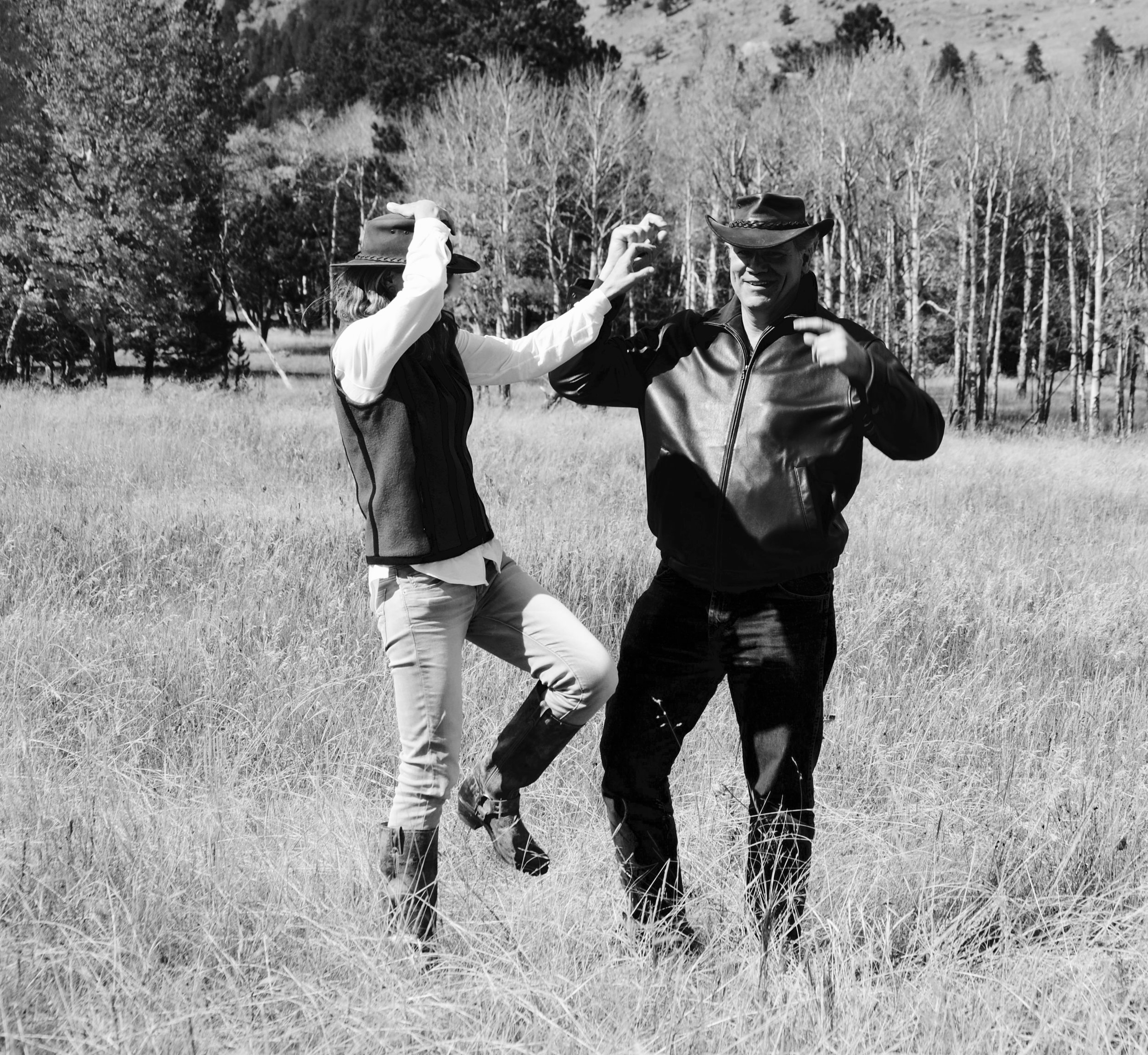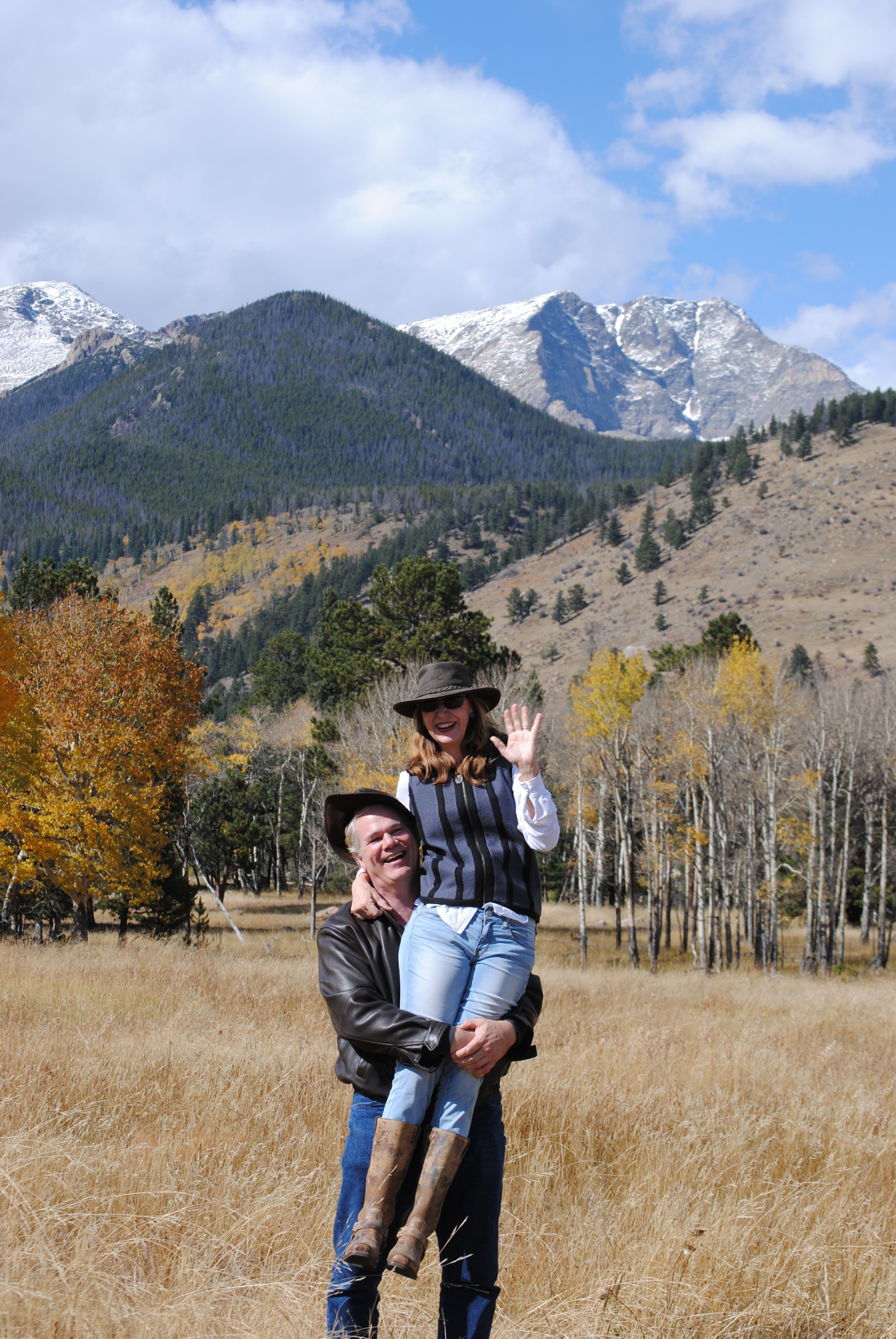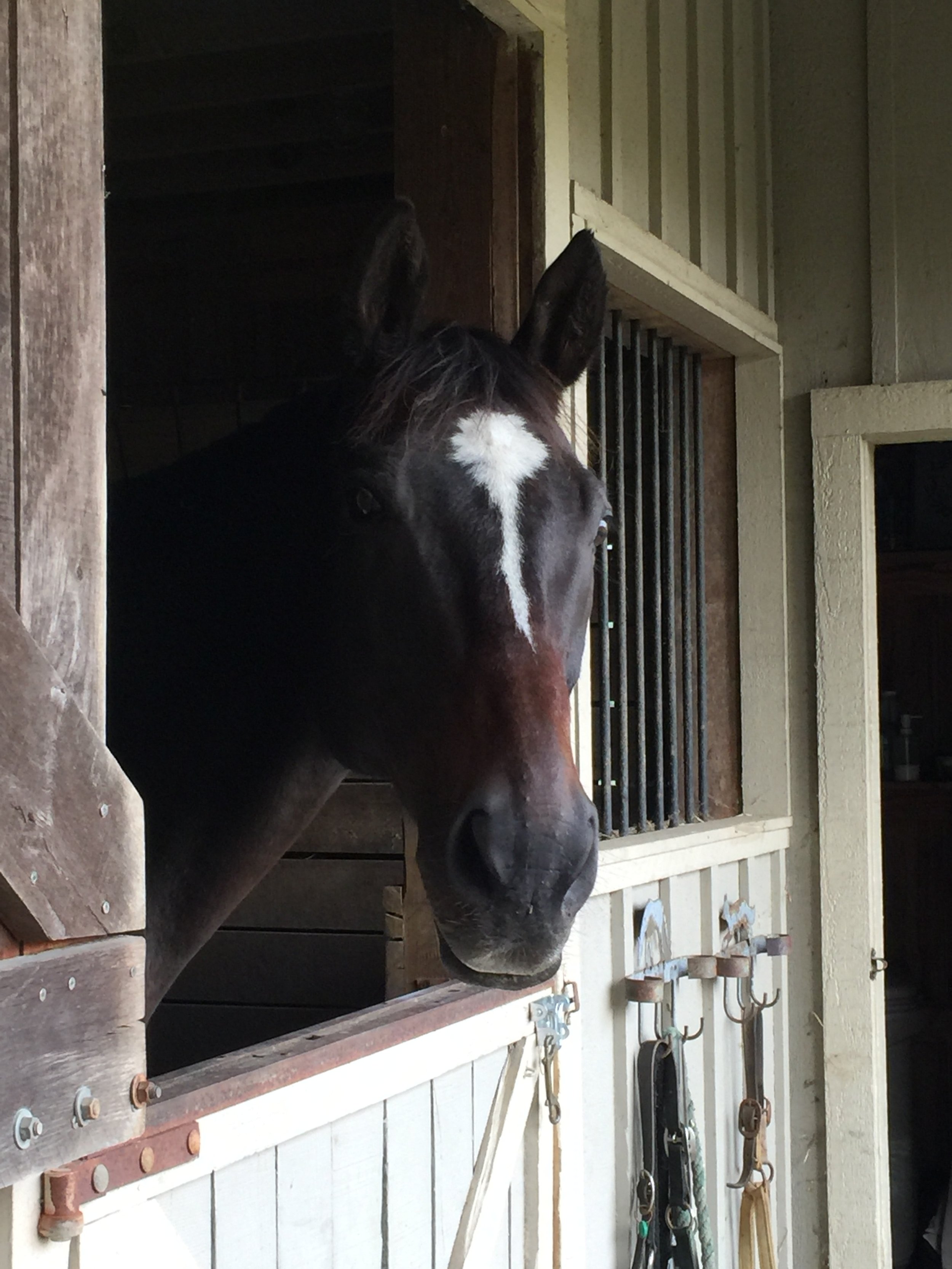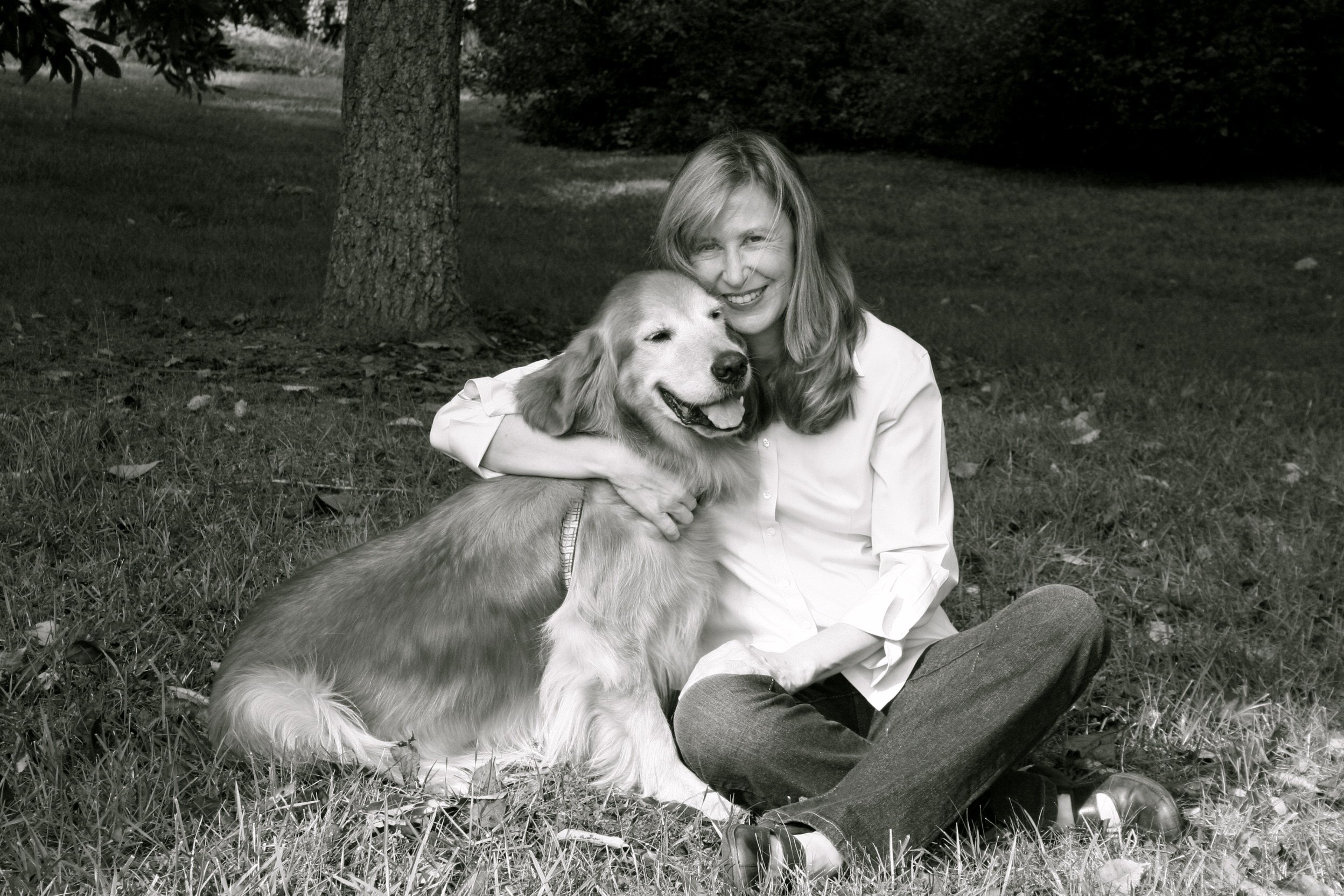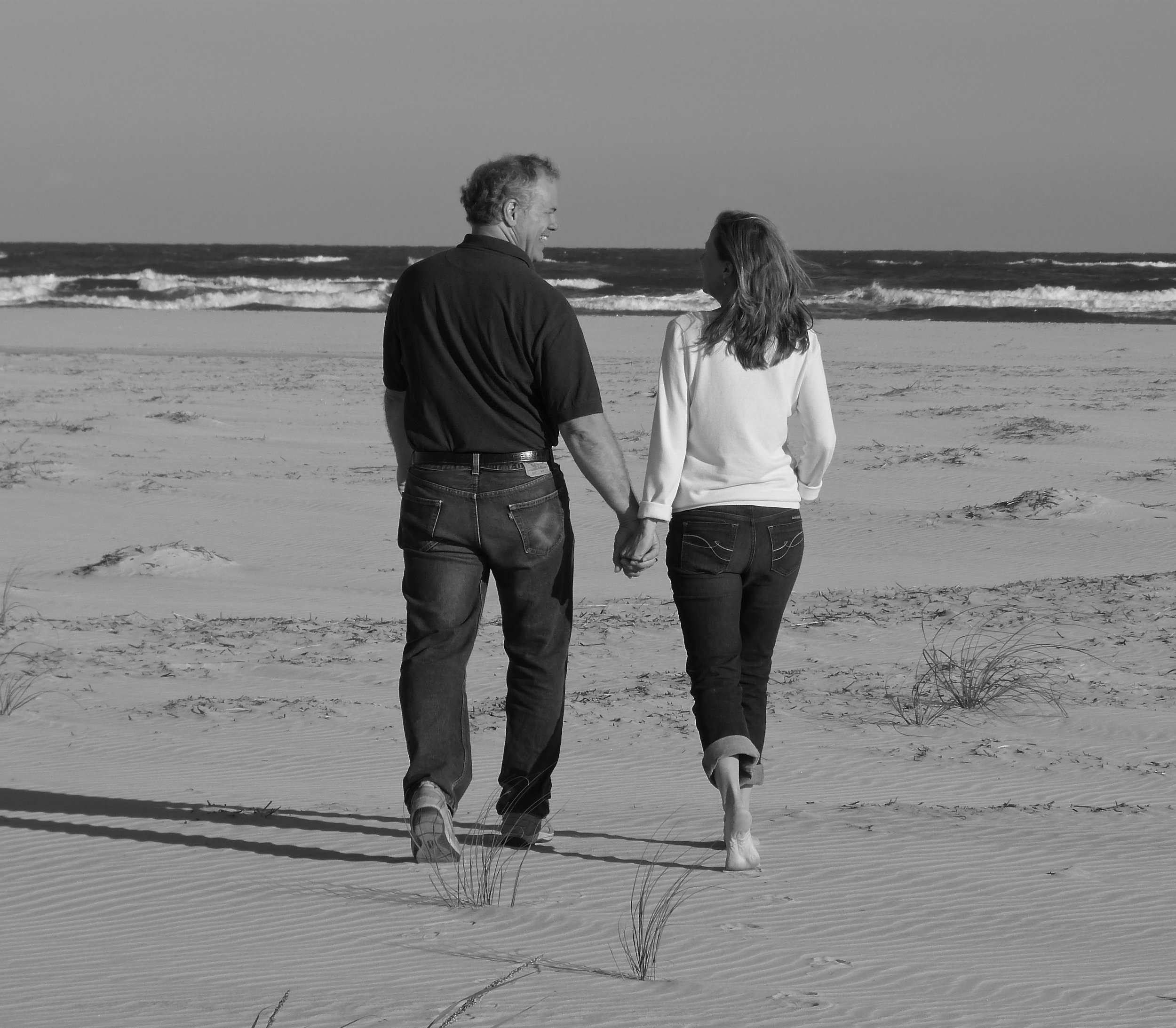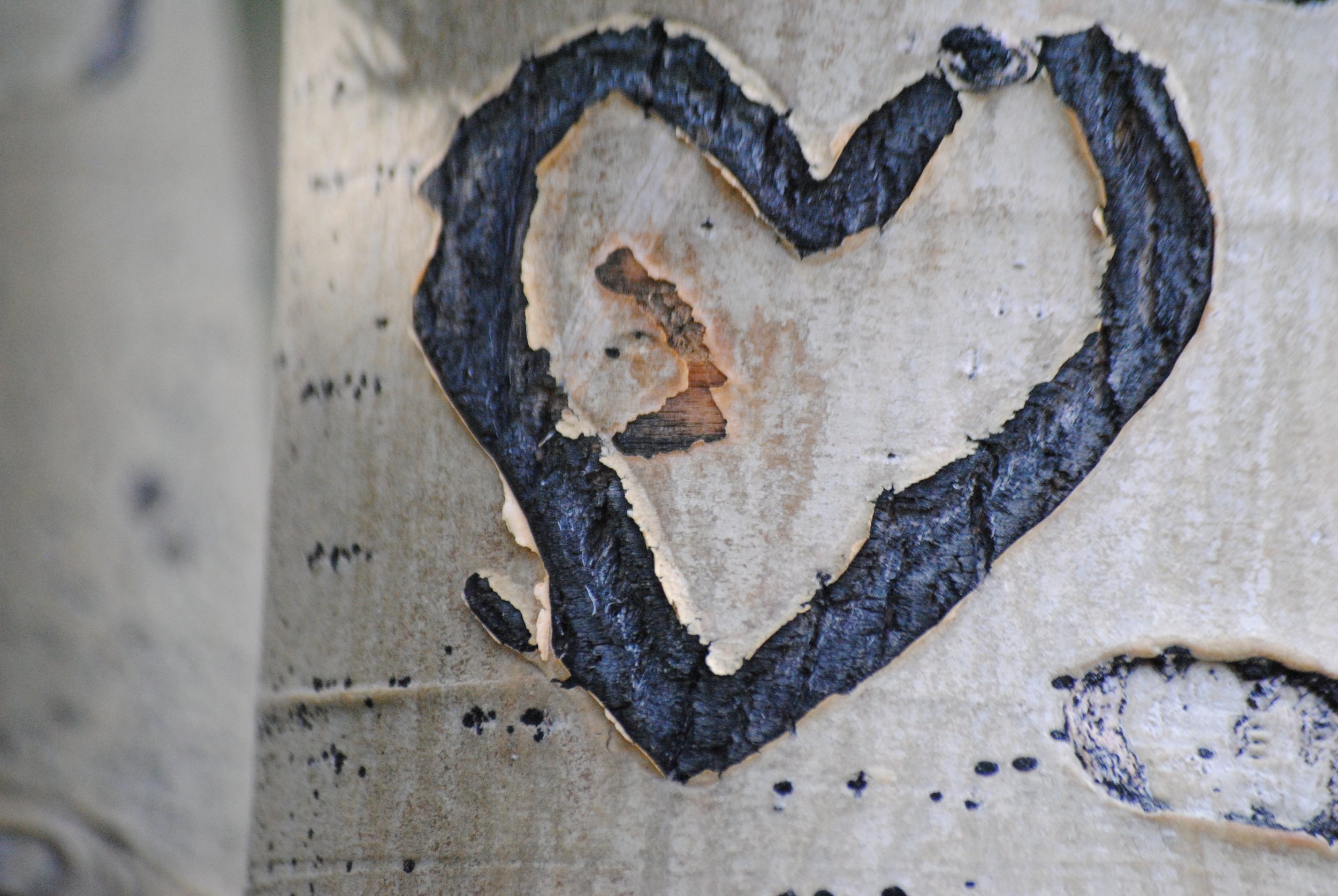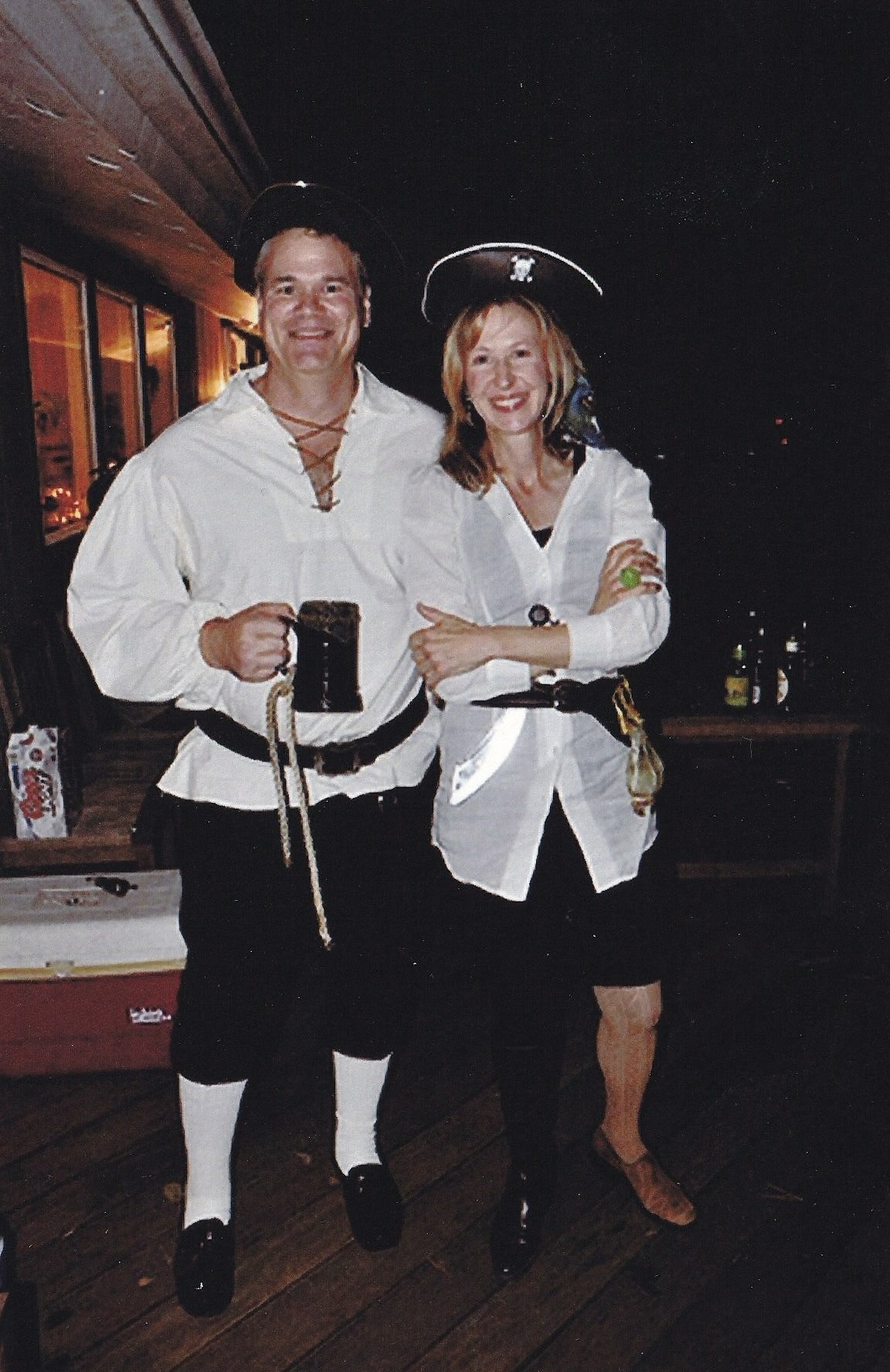The shortest version of my story.
I know about grieving because I’ve done a lot of it. I have a doctoral degree from the University of Virginia, essentially in counseling with psychology and analytics as supporting areas, but my decade of higher education is beside the point. It was the decade of grieving that taught me most of what I know about life, faith, survival and friendship….
My mid-thirties and early forties revolved around trying to have a baby. When it didn’t happen after more than a year, Wayne, my physician-husband consulted one of his friends, an infertility specialist. This infertility specialist treated me (and me alone) for more than two years, as though my husband had nothing to do with our ability to conceive. To make a long, awful story short, my hope of ever giving birth eventually ended in a botched procedure, done last-minute by a surgeon whose hospital privileges had largely been suspended for alcoholism and malpractice.
Just after I miscarried our only pregnancy, Wayne was diagnosed with a rare type of brain tumor, growing on his brain stem. The attempt to remove it left him perpetually dizzy and deaf in one ear, with a scar that ran in an arc from the base of his skull almost to the top of his head. Faced with a soul-wrenching career crisis while still not recovered, he took his own life. I found him on a Sunday evening in his office at the hospital, no more than a few minutes after his death.
My career broke down during this time; I let a publishing contract to write a textbook slip away. In the aftermath of his death, I was sometimes barely able to drive to the grocery store. I remember sitting in a parking lot more than once with my heart pounding, gasping for breath, unable to leave the car. I was plagued by nightmares, insomnia and intrusive, uncontrollable, horrific images.
As I grappled with rebuilding my life, I eventually became entangled in a relationship with a man who reminded me of Alex Baldwin, strikingly handsome, successful and brilliant but well known for his rage. In my case, the problems also included raging jealousy and the steady aim to control and isolate me. This is a story I cannot easily tell, but I understand—and I never could have before—how educated, self-aware women, even strong women, can be caught insidiously, compellingly in a cycle of abuse. I was completely unprepared for what happened.
Grappling with the disconcerting changes of my fifties, I became a caregiver to my parents. My father died in the spring of 2017. I sat vigil for weeks beside his hospital bed as he struggled in a fog of vascular dementia and multiple illnesses simply to stay alive. “He's tough,” his doctor said to me one day. “I'll give him that.”
My mother lived with me until her death almost exactly a year later. I was alone in the responsibility for her care. My only sibling, a brother born ten months after me, died suddenly at the age of 50, while raking leaves.
So life was not easy for 20 years or so. But although I am a chronic worrier, a terrible procrastinator and an unrecovered perfectionist, I live with a deep sense of joy. I know I am loved by God, and I cannot even begin to describe this love. At times it overwhelms me. I have good friends. I have a purpose: The All-Weather Friend—the kind of friend we need when life takes a turn for the worst.
I know about Alzheimer’s disease and caregiving because I’ve spent many years immersed in the study of it, working with people who face its challenges, and I've been a caregiver myself. I know what it is to live alone with grief, invisible for the most part to the people who pass in and out of everyday life. Having dealt with a harrowing death and many losses, I know the power of friendship—both to heal and hurt. I believe a majority of people want to be helpful in difficult circumstances but may not know how. I've written two books, one—Dementia and the Church: Memory, Care, and Inclusion was released in September of 2023. The other, Alzheimer’s: A Crash Course for Friends and Relatives, began the All-Weather Friend materials meant, as my tagline goes, to help friends be friends when it matters most.
Bio
Mary McDaniel Cail earned her PhD and two additional graduate degrees from the University of Virginia. She has worked with people in many capacities. She began her career in education and has been a school administrator, as Assistant to the Director of Guidance for a division of 26 schools. She is the author of Alzheimer's: A Crash Course for Friends and Relatives and Dementia and the Church: Memory, Care, and Inclusion. Mary taught in the graduate school of psychology at James Madison University, where she chaired a national accreditation task force; she has served as a faculty consultant for the University of Virginia’s Department of Academic Affairs. Her op-eds, articles, and blogs have been published by the Los Angeles Times, the Miami Herald, the Chicago Tribune, Maria Shriver’s Architects of Change series, and the University of Virginia alumni magazine,Virginia, among others. Alzheimer's: A Crash Course for Friends and Relatives was chosen for inclusion in the 2015 Virginia Festival of the Book, and her work to create social opportunities for Alzheimer's patients and caregivers in her community was featured on the Charlottesville Newsplex series, Stephanie's Heroes. A fighting Tar Heel, Mary did her undergraduate work at the University of North Carolina at Chapel Hill.



